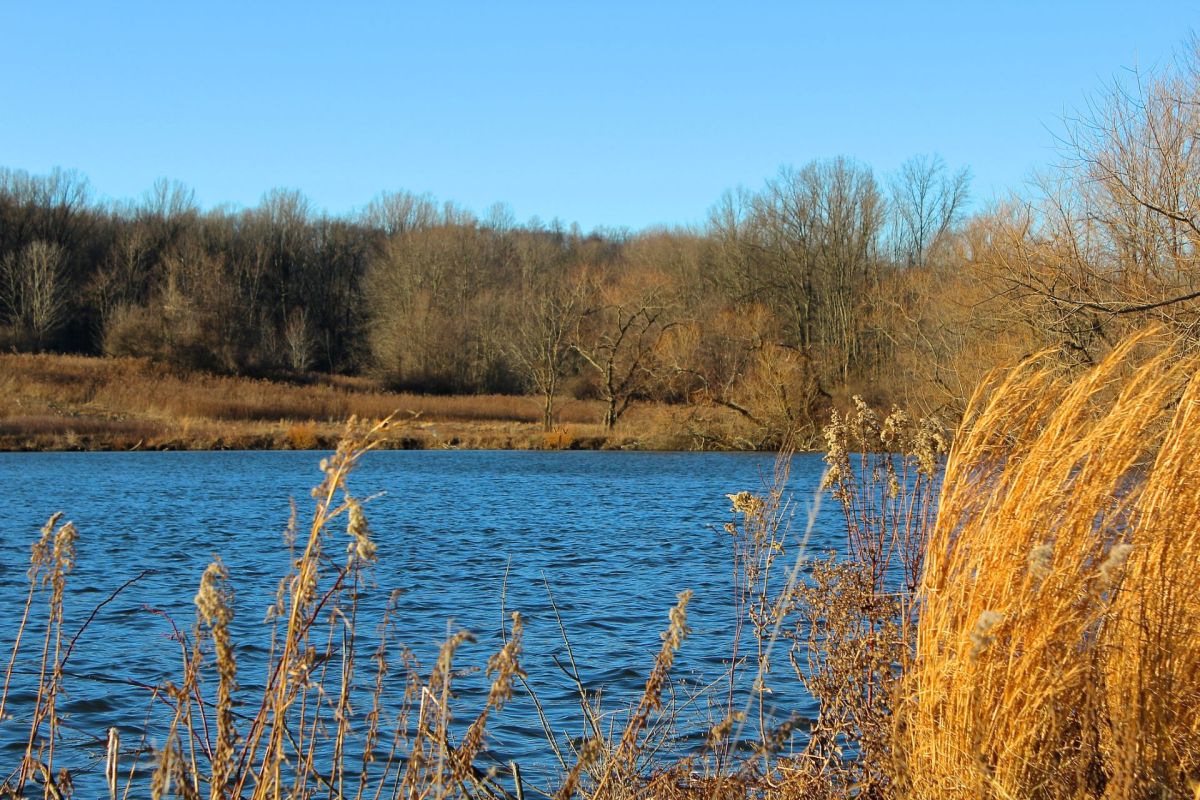When you hear about Pennsylvania, does the word "tropical" come to mind?
A limpkin, a tropical wetland bird, was spotted in Pennsylvania for the first time in recorded history on July 7.
The Miami Herald reported that the long-legged bird with brown and white feathers is typically found in South America, Mexico, and Florida.
Birdwatchers in Pennsylvania were ecstatic to catch a glimpse of the limpkin, a rare tropical bird usually found in the southern parts of the United States. https://t.co/34jVWQPfcg pic.twitter.com/Knb2IPkJAl
— WPMT FOX43 (@fox43) July 14, 2023
Yet, a lone limpkin arrived at Middle Creek Wildlife Management Area in Lancaster County, which is hundreds of miles away from its tropical habitat, according to Brian Collett, an environmental education specialist with the Pennsylvania Game Commission.
"He was hanging out in the lake right here below the visitor center. There were probably 15 or 20 people parked on the road looking at him most of the day," Collett added. "He was definitely attracting a lot of attention."
The Florida Fish and Wildlife Conservation Commission states that the limpkin population is at risk because of various factors, such as wetland drainage and habitat destruction, that have led to the decline of their primary food source, apple snails.
Scientists have found that the ongoing changes in the Earth's climate due to human activities are causing a decrease in the number of migratory birds worldwide. In North America alone, almost 3 billion birds have been lost over the past 50 years.
Studies suggest the changing climate also alters the time and distance that birds are migrating, which may be why the limpkin may be moving to unusually far locations like southern Pennsylvania.
However, another reason may be that three types of invasive apple snails, different from Florida's native ones, are spreading in the state.
Surprisingly, these invasive snails have actually played a role in saving the snail kite, an endangered bird found in the Everglades, according to NPR.
There's also a possibility that "happenstance" took the bird to Pennsylvania, the Miami Herald reports.
"Birds do interesting things," Collett told the outlet. "We had a wood stork in the area last year for a long time and that's extremely uncommon. Sometimes they just go for a cruise. And sometimes weather blows them off course. … So you just never quite know for sure."
Join our free newsletter for cool news and cool tips that make it easy to help yourself while helping the planet.









